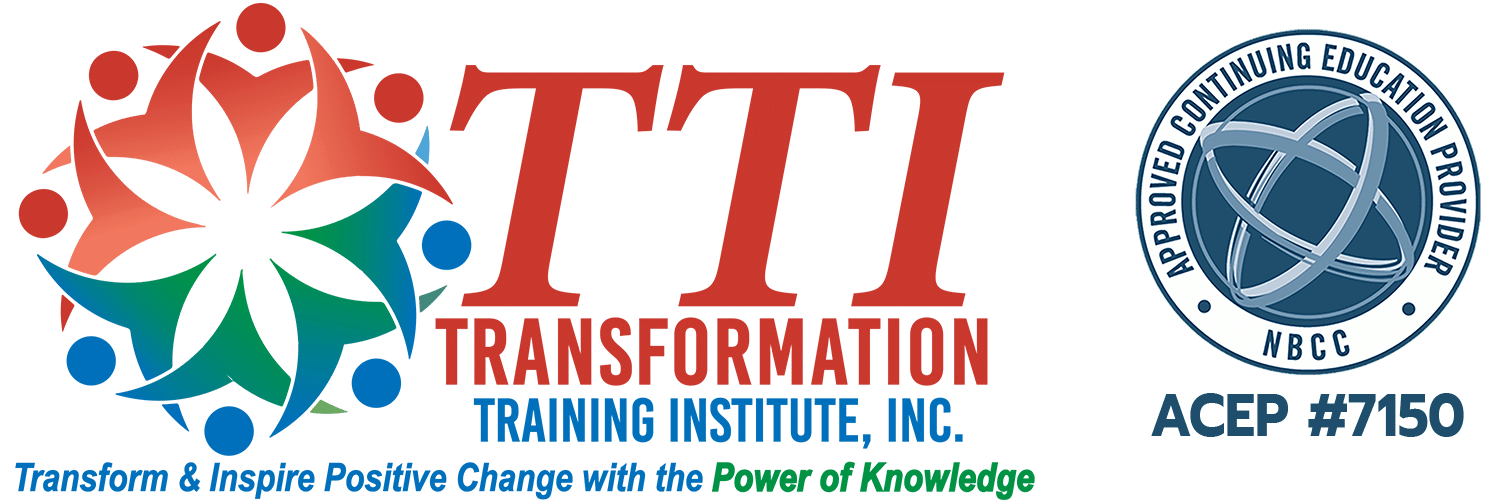Learning Objectives
Black History Month Mental Health Conference 2026
Pre-Conference - Thursday, FEBRUARY 26,2026
Topic: Creating Inclusive Spaces where Everyone can Live, Learn, Work, and Thrive
Presenter: Tiffany G. Townsend, PhD
This talk explores the imperative of fostering environments that embrace diversity and promote equity. Through research and practical strategies, the presentation emphasizes the significance of inclusive spaces in enabling individuals of all backgrounds to thrive personally and professionally. Attendees will gain insights into cultivating a culture of respect, empathy, and accessibility, ultimately leading to enriched communities where everyone can fully participate and contribute.
Learning Objectives:
Participants will learn the rationale behind creating inclusive spaces, exploring the social, economic, and psychological benefits of fostering diversity in professional, educational, and healthcare settings.
Attendees will acquire actionable insights into implementing inclusive practices, including strategies to increase self-awareness and mitigate bias, enabling them to cultivate environments where everyone can fully engage, learn, and succeed.
Participants will develop a deeper understanding of the role of leadership in promoting inclusivity, gaining tools to inspire cultural change, empower marginalized voices, and drive organizational or educational initiatives that prioritize the well-being and advancement of all individuals.
Topic: Change Your Mouth to Enhance Your Vibes: Why Affirmations are Power Sources
Presenter: Marica Blane
Describe the neurological and psychological mechanisms activated by affirmations.
Utilize culturally aware and trauma-sensitive approaches when co-creating affirmations with clients.
Develop personalized affirmation strategies for practitioner self-care and client empowerment
Main CONFERENCE Day - Friday, FEBRUARY 27, 2026
Topic: Joy as Resistance, Hope as Healing: Radical Healing Theory & Nervous System Restoration for the African Diaspora
Presenter: Isis Bey
This interactive session explores how Black Joy and hope, grounded in Radical Healing Theory, can restore balance to the nervous system, countering the embodied effects of historical and racial trauma. Drawing from neuroscience, African-centered wellness traditions, and the lived experiences of descendants of enslaved Africans, participants will discover how joy, hope, and radical healing practices serve as powerful tools for personal and collective liberation. Through storytelling, music, movement, and reflection, we’ll connect cultural resilience to nervous system regulation.
Explain Radical Healing Theory and its relevance for Black communities.
Describe how joy and hope influence the nervous system and counter chronic stress.
Identify the historical and cultural roots of Black Joy as a form of resistance.
Topic: Change your Mouth to Enhance Your Vibes: Why Affirmations are Power Sources
Presenter: Brianna Brooks
Black children and adolescentsboth boys and girlsare often misdiagnosed, misunderstood, or overlooked within mental health and educational systems. Emotional expression in Black youth is frequently pathologized, leading to overdiagnosis of disorders like ADHD and underdiagnosis of trauma. This session explores how systemic racism, cultural bias, and gendered expectations contribute to these disparities and impact mental health outcomes. Participants will examine how punitive school policies and clinical misjudgments silence emotional needs, while also gaining tools for trauma-informed, culturally responsive engagement. Using real-world case examples, the training will highlight strategies that promote emotional intelligence, psychological safety, and identity-affirming support for Black youth. Attendees will leave better equipped to disrupt deficit-based narratives and reimagine mental health systems that restore, uplift, and empower.
Learning Objectives:
Differentiate between trauma-related symptoms and ADHD presentations in Black children to reduce clinical misdiagnosis.
Examine how gendered and racialized biases uniquely impact Black girls and boys within mental health and educational systems.
Apply culturally responsive, trauma-informed strategies that build emotional literacy and psychological safety in Black youth.
Develop system-level recommendations to replace punitive discipline with restorative and supportive mental health frameworks.
Topic: The Healer Is Home: Reconnecting Black Communities to Ancestral Wellness & Modern Mental Health
Presenter: Imani Brown
This empowering, culturally grounded workshop bridges ancestral healing traditions with modern therapeutic approaches to restore wellness in Black communities. Tailored for mental health professionals, faith leaders, educators, and advocates, the session explores how Black communities have always held the tools for healing and how today’s Black therapists can help reclaim and modernize those tools. Led by a licensed Black therapist known for combining clinical expertise with community activism and a strong social media presence, this session addresses the emotional impact of generational trauma, systemic oppression, and cultural silence. Participants will leave with practical, culturally aligned methods to promote resilience and healing at both the individual and collective levels.
Learning Objectives:
Explore the historical roots of Black mental health, including the erasure and survival of ancestral wellness practices.
Integrate culturally responsive and spiritually informed approaches into therapy and outreach.
Recognize signs of intergenerational trauma and culturally specific mental health needs.
Apply community-based models centered on storytelling, cultural pride, and connection.
Bridge ancestral knowledge with modern, evidence-based care strategies.
Self-Care Saturday
Recognize the importance of self-care in supporting mental, emotional, physical, and spiritual wellness within the Black community.
Identify practical self-care strategies that can be easily incorporated into daily life to reduce stress, prevent burnout, and promote overall well-being.
Understand how historical and cultural experiences influence mental health, help-seeking behaviors, and self-care practices in Black communities.
Connect with local wellness resources and supports that encourage ongoing self-care, community healing, and resilience beyond the event.
